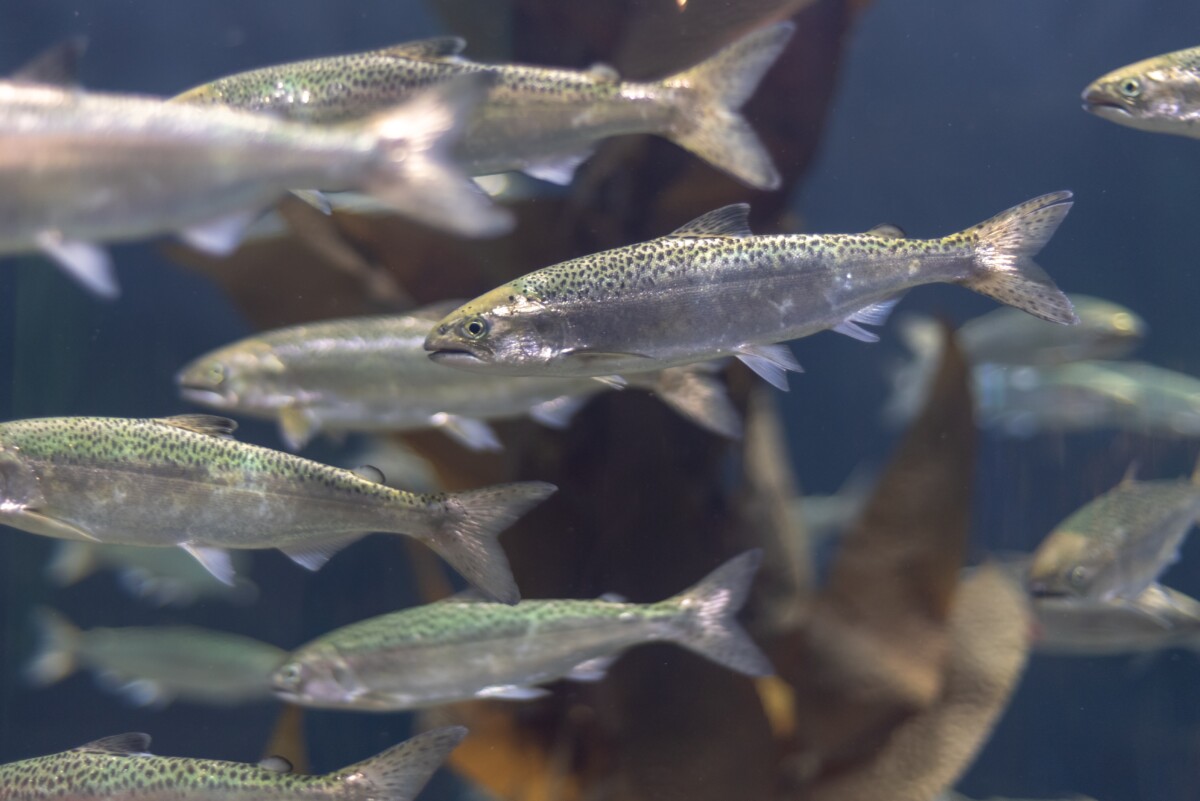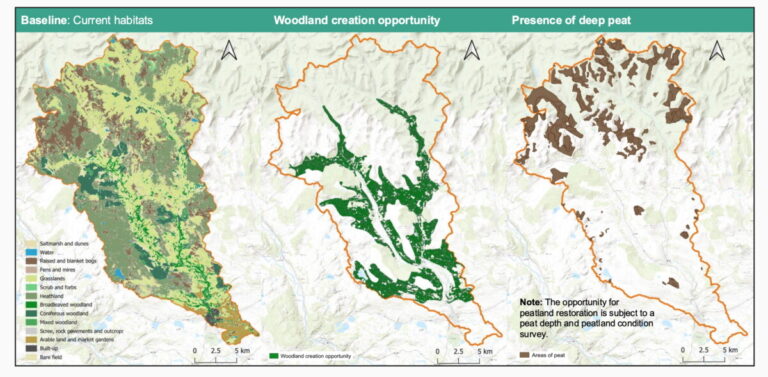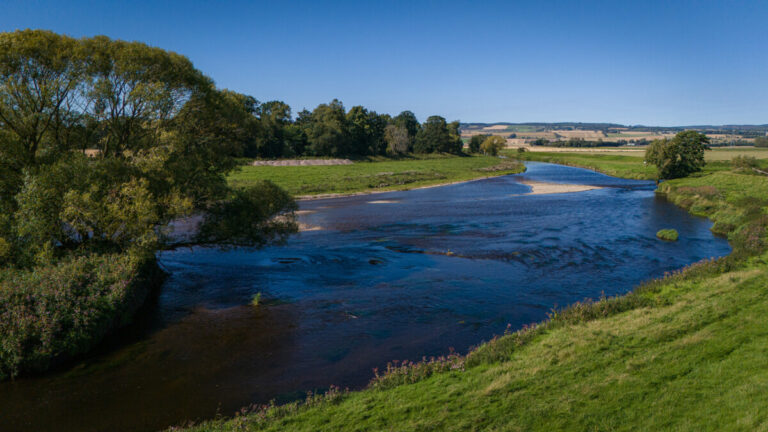The new River Ericht Catchment Restoration Initiative has been confirmed as the second project[1] in Scotland to receive a Riverwoods Investment Readiness Pioneers award.
The River Ericht, one of the most important spawning grounds for Atlantic salmon in Europe, is in crisis. Extreme weather caused by climate change, historic and current land management practices and invasive species, are damaging the quantity and quality of water in the river and the health of its vegetation, woodlands and wildlife. As a result, salmon numbers are in steep decline and in danger of disappearing altogether.
The River Ericht Catchment Restoration Initiative has been set up in response to this crisis. With a founding group of local environmental, angling, and community-led organisations, the Riverwoods Investment Readiness Pioneers award will enable a catchment scale approach to reviving this important river system.
The group includes the two principal community anchor organisations in the catchment: Blairgowrie & Rattray Development Trust and Mount Blair Community Development Trust; one of the lead organisations for local wild fisheries expertise, the Tay Ghillies Association, the Cateran Ecomuseum, the catchment’s principle heritage and tourism destination and Bioregioning Tayside, a new platform supporting nature restoration in the region. The final partner is Palladium, a project developer experienced in creating investment opportunities for public and private finance to help fund and scale up initiatives that deliver economic, environmental, and social impact. Palladium is currently working with the UK’s National Parks on piloting different models of nature restoration using ethical private finance.
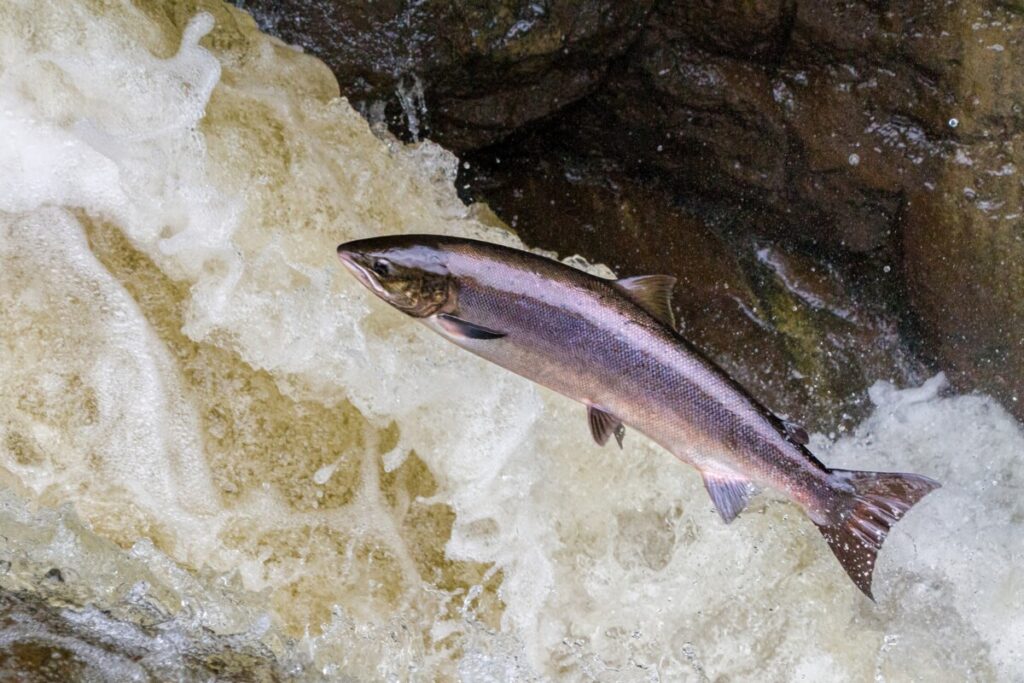
The genesis of the initiative began in 2021 through the Cateran Ecomuseum who undertook an early stage Palaeoenvironmental Study of the River Ericht and supported the Tay Ghillies Association’s Smart Rivers project as part of their Museum of Rapid Transition programme.
Through the relationships that were built during those projects and as a result of Bioregioning Tayside’s membership of the innovative Scottish Nature Finance Pioneers Network, the group, led by Bioregioning Tayside decided to form a partnership to bid for the award. The project will commence with a 10 month design phase in August this year.
Riverwoods Investment Readiness Pioneers adopted a participatory approach to the project selection process, engaging the wider community in decision–making. A public voting process to create a national, community-evaluated shortlist of candidates was led by Democratic Society. From this shortlist, both projects were selected by a panel comprising representatives from Esmee Fairbairn Foundation, SEPA and the Scottish Wildlife Trust. The awarded funds will help the project get investment ready for the commercially viable restoration of valuable natural capital, delivering socio-economic benefits to local communities, landowners, and land managers
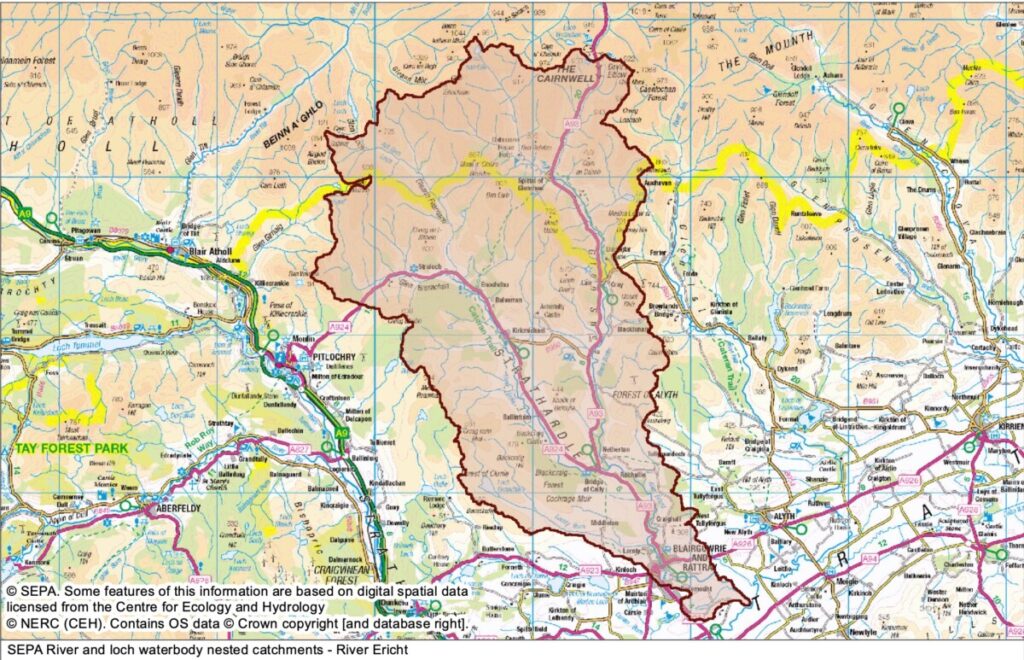
Cath Preston, Head of Innovation at SEPA, said:
“The Riverwoods partnership initiative plays a crucial role in facilitating nature restoration and climate resilience efforts.
“SEPA’s River Basin Management Plan modelling estimates we need around 130,000 hectares of additional river woodland within Scottish river landscapes to help restore our rivers, improve biodiversity and tackle climate change. This requires investment of between £500-780 million.
“The Investment Readiness Pioneers, just one project from the Riverwoods partnership initiative, represents a significant step closer to bridging this finance gap, attracting further responsible private and corporate funding, and achieving our ambition for Scotland’s water environment.”
The Scottish Wildlife Trust, who led the Riverwoods Investment Readiness Pioneers project, welcomes the funding awarded to the Almond Headwaters and River Ericht Catchment projects. The Trust recognises the importance of collaborative efforts to restore and protect Scotland’s natural environment and believes that these projects will contribute significantly to the restoration of Scotland’s riparian woodlands.
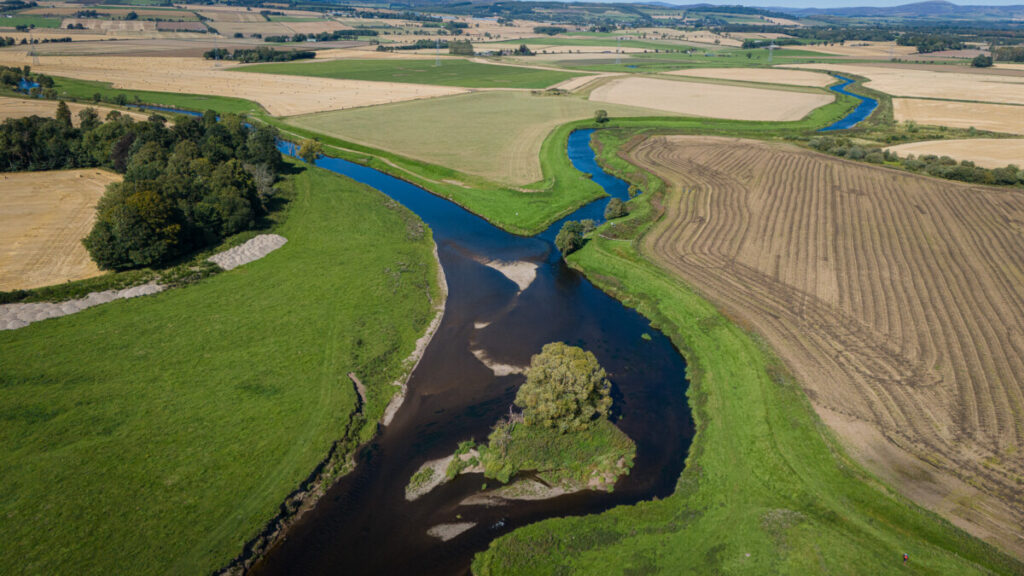
Simon Wightman, representing Esmée Fairbairn Foundation as the funding partner, expressed his enthusiasm for supporting the Almond Headwaters and River Ericht Catchment projects. He said: “Our Riverwoods Investment Readiness grants underscore the commitment of Esmée Fairbairn Foundation to support organisations explore innovative ways of funding ecological priorities such as natural flood management, water quality, carbon sequestration, and restoration of biodiversity. We’re excited by the potential of these initiatives to drive meaningful change and serve as models for financing nature recovery efforts across Scotland.”
The initial design phase will develop an investment ready proposal that will attract private and public investment into:
- riparian and peatland restoration and nature recovery at different scales
- easing and/or removal of active barriers to allow fish migration, one of the priority actions identified in the Scottish Government’s new Wild Salmon Strategy Implementation Plan 2023 – 2028.
Work will also be undertaken to design a new dedicated investment vehicle for the restoration initiative that will also involve local communities in its ownership and governance and enable investment from community groups and individual community members. The hope is that this approach can be replicated elsewhere in Scotland.
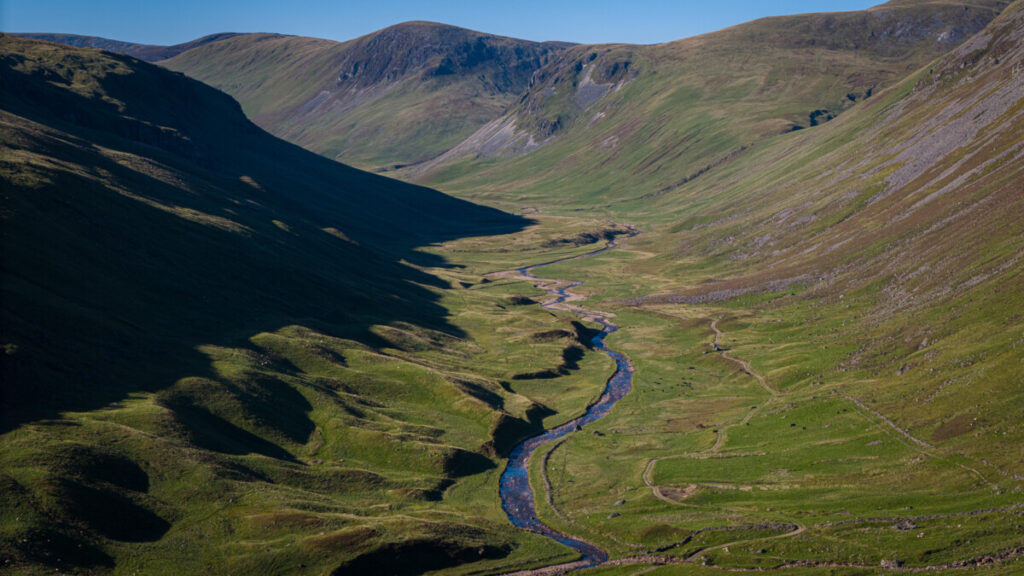
Lesley McDonald from Blairgowrie & Rattray Development Trust (BRDT) said “Blairgowrie and Rattray have an exceptional local environment that BRDT is keen to protect, and the River Ericht, which flows through the town, is a key element of that. Thanks to work carried out by local groups involved in our Open Spaces initiative, Blairgowrie and Rattray is Scotland’s first biodiversity town, and the Trust is delighted to support this new project which will contribute to ongoing efforts to improve the river quality, the riverbanks and surrounding area.”
Colin Reed from Mount Blair Community Development Trust said “This project has tremendous potential to help respond to one of the most important outcomes of our Community Action Plan, which is to protect and enhance our natural environments and wildlife habitats”
Bob Mason from the Tay Ghillies Association said ““There are many issues affecting the Atlantic Salmon in rivers and at sea. This team will focus on the River Ericht and its tributaries to remove barriers to ensure, as far as possible, the unrestricted access of returning adults to spawning grounds and to also provide water habitats conducive to the growth of juvenile salmon and an increase in smolts leaving the river.”
Bill Taylor from the Cateran Ecomuseum said “The Cateran Ecomuseum is delighted to have helped lay the foundations for this initiative through our previous work on the Ericht in 2021 and be supporting the public engagement programme through our River Detectives project”.
Clare Cooper from Bioregioning Tayside, who are acting as the legal vehicle for the project, said “We recognize the complexity involved in nature restoration and that there are diverse views held about the financialisation of nature. As we embark on this early stage of the project, our goal is to build confidence, foster belief, and generate excitement among our communities about the immense potential this project holds for the benefit of all in eastern Perthshire and Tayside. We are dedicated to ensuring that our actions align with the values and aspirations of our local communities as we work towards a regenerative future.”
Tom Gegg from Palladium said “We are excited to explore new models for community-led nature restoration projects in the Ericht catchment. We’ll be taking lessons from innovative community run models that have succeeded in other sectors, such as renewable energy cooperatives. The goal is to help our partners design an economically and environmentally sustainable foundation for woodland and peatland restoration projects across the landscape”.
[1] See Almond Headwaters for details of our sister Riverwoods Investment Readiness Pioneers project.
